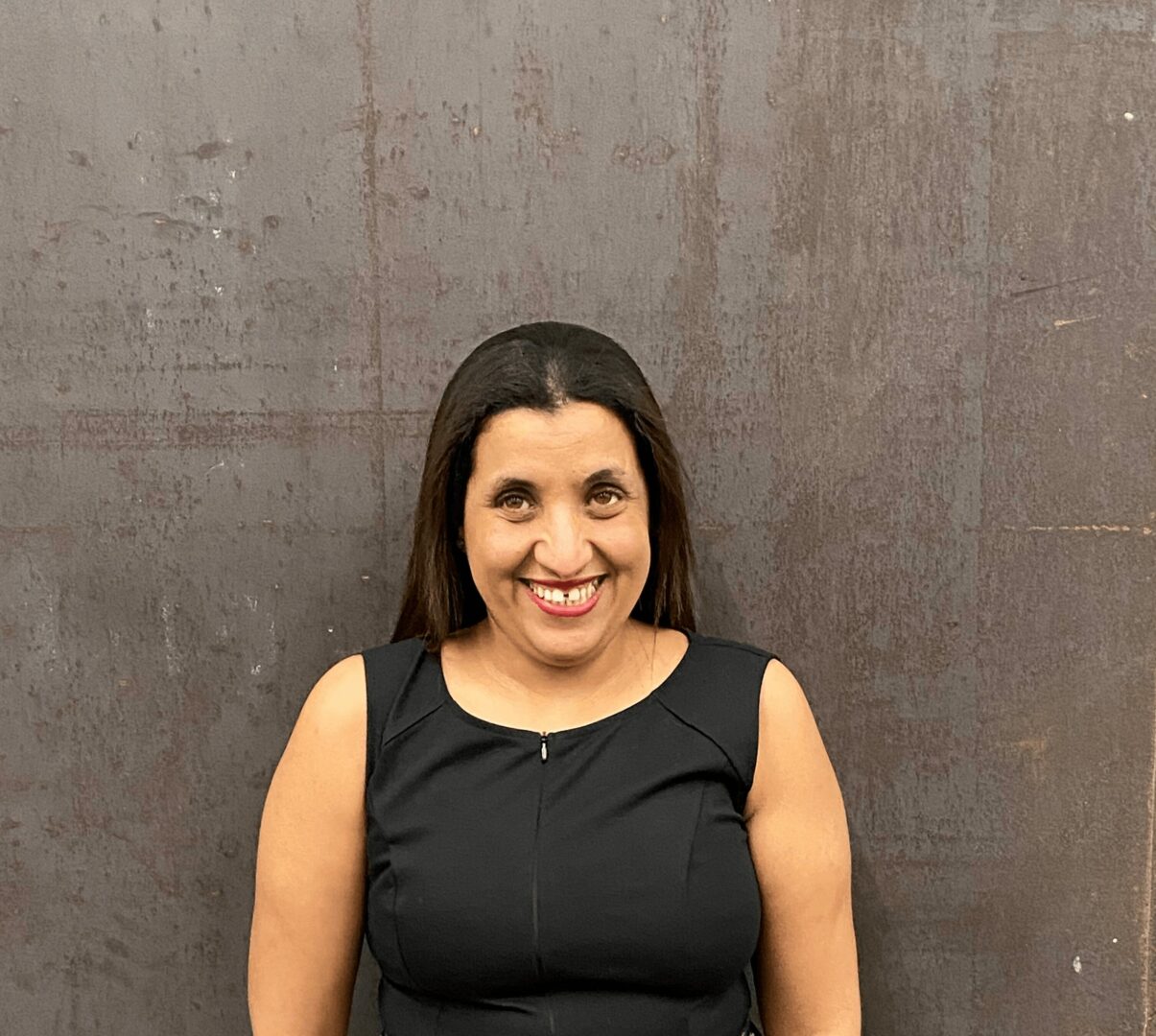We caught up with the brilliant and insightful Itto Outini a few weeks ago and have shared our conversation below.
Itto, so good to have you with us today. We’ve got so much planned, so let’s jump right into it. We live in such a diverse world, and in many ways the world is getting better and more understanding but it’s far from perfect. There are so many times where folks find themselves in rooms or situations where they are the only ones that look like them – that might mean being the only woman of color in the room or the only person who grew up in a certain environment etc. Can you talk to us about how you’ve managed to thrive even in situations where you were the only one in the room?
Well…I’m blind, so I can’t see how anyone looks, whether they’re in the room, outside on the lawn, driving a car, or flying on a plane! I think we all get too hung up worrying about how people look, who looks like whom, who belongs to whose group, when really we should be asking this: What can each of us bring to the table? What can we do together? How can we support each other?
Whether we all look the same or different doesn’t matter. What matters is whether we all think the same. Hopefully we do not all think the same. If we all think the same, then we’re all going to make the same mistakes, fall into the same traps, and get stuck in the same bad habits. When we all think a little differently, we’ll be able to point out the errors in one another’s thinking, find the commonalities, and assemble a broader, more complete perspective that none of us would’ve had alone…but we’ll only get there if we’re willing to associate with people who think differently.
How people look is the least important thing in the world. We have to stop obsessing over it. That has to end.
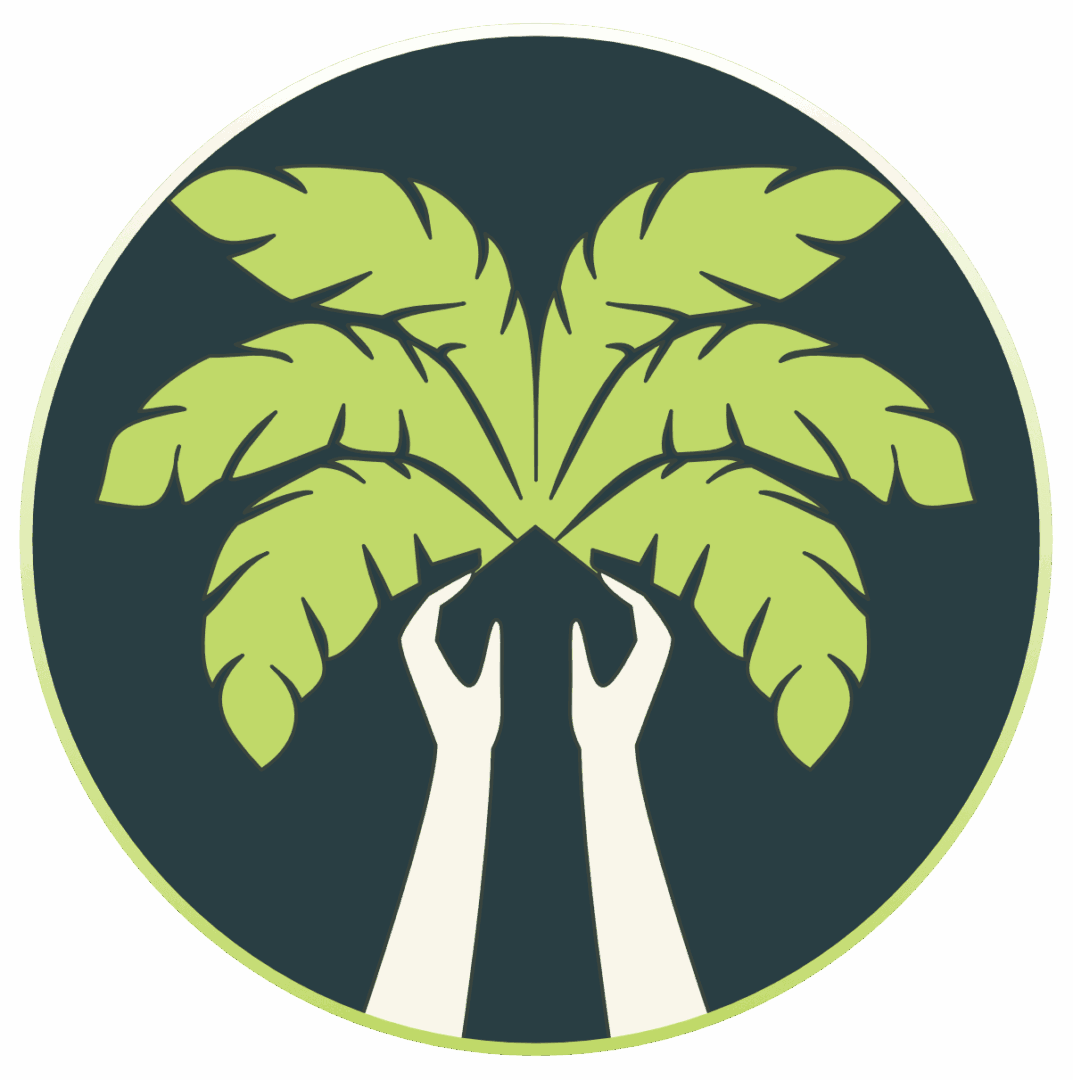
Great, so let’s take a few minutes and cover your story. What should folks know about you and what you do?
My husband and I both had to fight really, really hard to get where we are today. Each of us grew up in isolation, abused by our families, and our only escape was to cultivate our creativity and educate ourselves. Now we’re working together to make sure that the knowledge, resources, and opportunities we’ve had to fight for are available to others who need them as much as we did.
First and foremost, we’re authors. We write literary fiction and creative nonfiction. Writing is hard enough, but selling your work, not getting taken advantage of, making a living as an artist—that’s even harder. We’ve had to go beyond our passion for storytelling and learn to be editors, marketers, publicists, and book coaches. We’ve had to research the publishing industry. We’ve had to learn to think like agents, magazine editors, publishing houses, and media lawyers. We’re succeeding only because we’re putting our skills together. That’s also why our clients succeed.
In addition to writing, we’re building a business dedicated to supporting our fellow writers. The DateKeepers is a one-stop shop for authors with powerful stories to tell, but without the tools they need to get them out into the world. We offer everything that normal book coaches and editorial companies offer, plus support with marketing, outreach, publicity, and promotional strategies, agent queries, grant and fellowship applications, book proposal development, comp title selection, deal negotiation, and more.
We don’t work with just anyone. We only take on clients whose work ethic, creativity, and dedication to their craft reflect the qualities and potentials that we value in each other and ourselves. Our selectiveness makes us more invested. It lends a deeper sense of purpose to the enterprise. It means that we feel each of our clients’ successes as we feel our own.
Sometimes, success is just one step away. All you need to get there is the piece of the puzzle that you’re missing, the piece that someone else has. The more pieces we can assemble, the higher we all can rise.
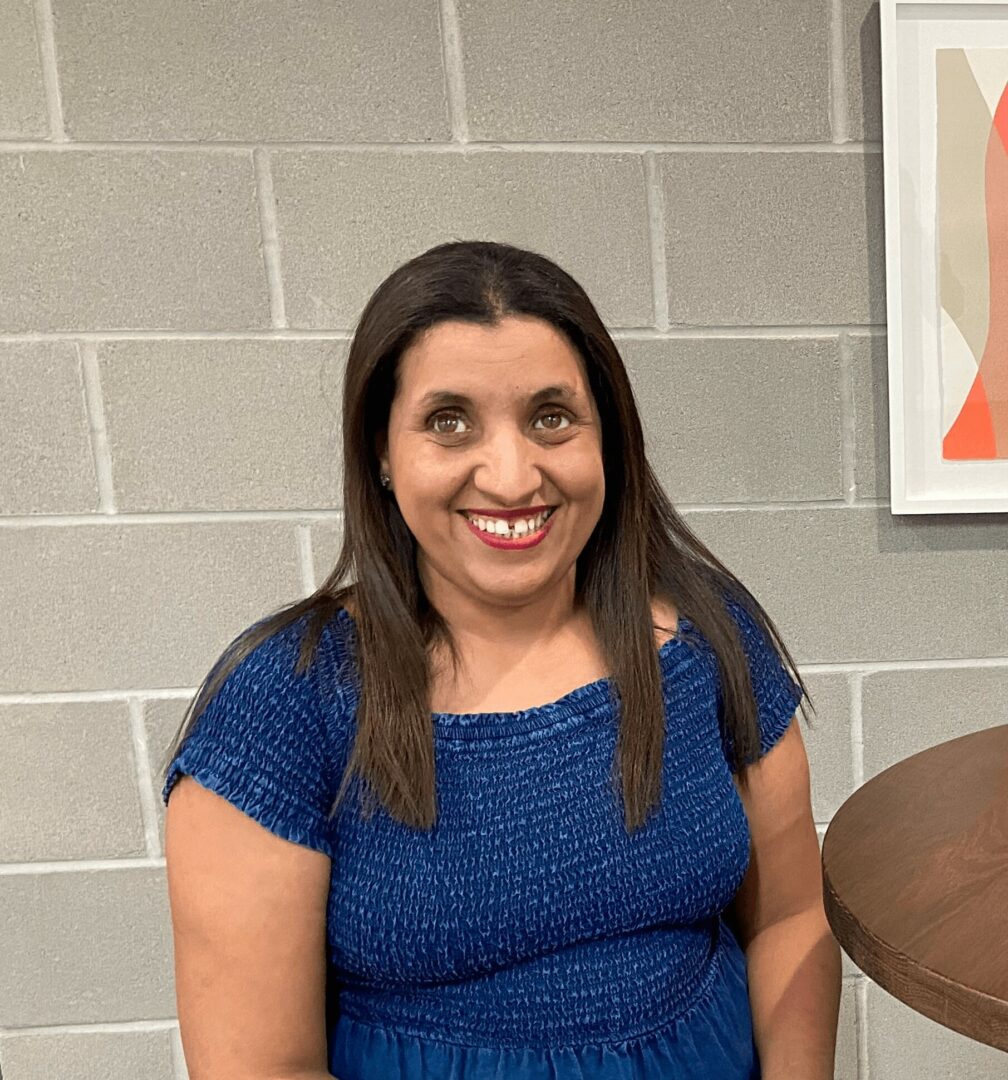
If you had to pick three qualities that are most important to develop, which three would you say matter most?
Resilience, optimism, and creativity.
First, resilience.
Today, I’m a Fulbright Scholar, Steinbeck Fellow, and MacDowell Fellow, happily married, living in the United States, and making a living by doing what I love with the person I love, but I had to overcome a lot of challenges to get here: orphaning, domestic abuse, blindness, homelessness, and lack of education, to name a few. Resilience was never an option for me. It was my only way.
I don’t think I would’ve gotten even a fraction of the way here if I’d thought I had any other choice. I’ve witnessed many of my peers, people with homes, families, money, early access to education, all the things I never had, burn out and give up on themselves, their educations, and their careers, but I knew I couldn’t do that. If I did, I would die. My resilience came from that knowledge—but not just from that knowledge. If I weren’t optimistic, if I couldn’t be creative, and if I hadn’t learned how to leverage these qualities to make the most out of the hardest times, then the fear of death wouldn’t have amounted to much of a motivation. It’s all those things working together that give me the strength and the will to keep going.
Second, optimism.
When you start with nothing, there’s no place to go but up! My life, as hard as it has been, has made me very optimistic about the future. When you’re as vulnerable as I was, you know that some people are going to hurt you, but you also start to appreciate how many people out there don’t hurt you—how many of them actually want to help you. It used to shock me when people took pity on me instead of spitting on me or beating me or telling me to go away. Eventually, I realized that most people, most of the time, want to do good unless some emotion, or situation, or trauma pushes them to do harm. Seeing the worst in humanity also made me see the best in humanity. You don’t get to see one without the other. Seeing the best has made me optimistic. And so has seeing how far I’ve come. It makes me feel that anything is possible.
Finally, creativity.
I love solving problems, and I love telling stories, and I love to learn. All three require creativity. Whenever I meet a new problem, I tell myself stories about what will happen if I do this or that until I figure out the best way to approach it. Whenever I need to learn something new, I do it by telling myself stories, especially when the subject is boring. If I’m teaching myself about copyright law, for example, I have to make characters out of all the different entities involved and have them fight with each other, or collaborate, or make deals, or try to trick each other. I work out what would happen in each of those situations until I understand how all the important factors interact with each other. Then I understand the subject well.
My advice: no matter what field you’re in, no matter what stage of life, no matter where you’re coming from or where you’re going, you have to build yourself before you can build anything else. Invest in yourself. Love yourself. Acknowledge your weaknesses, but play to your strengths. Learn to see challenges and setbacks as opportunities. Do what you love, and get good at it—good enough that people will pay you to keep doing it. Then you’ll be able to move forward and leave something of value behind.
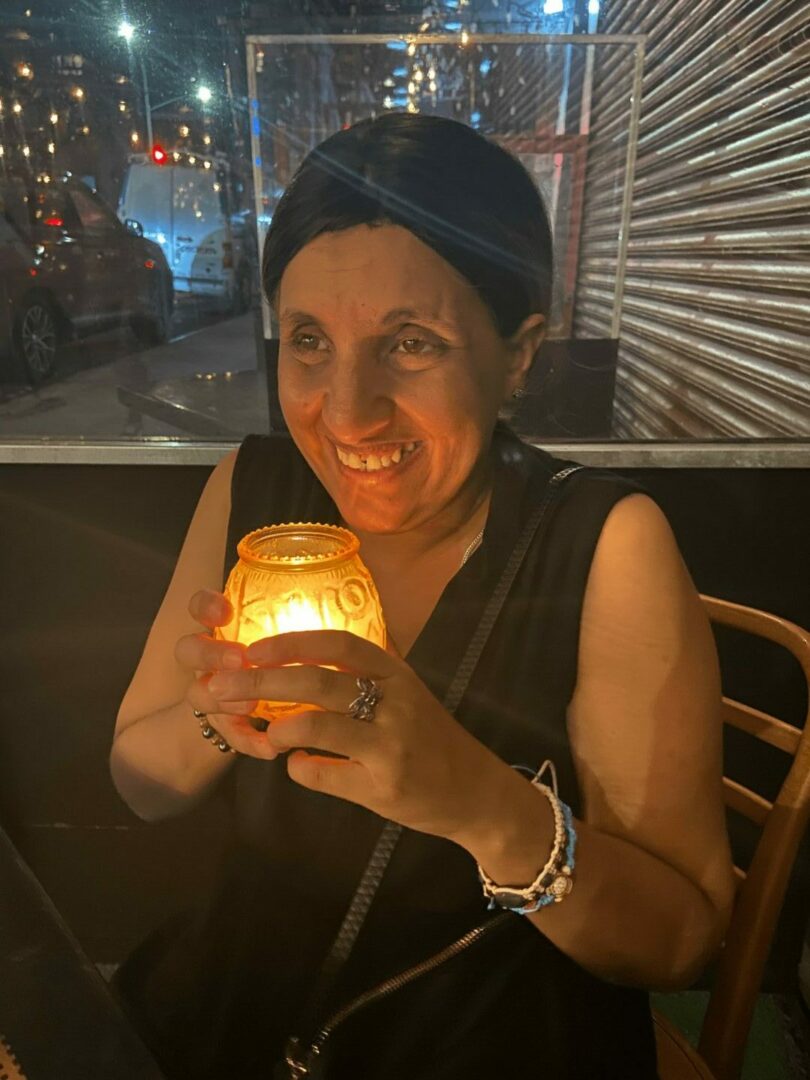
As we end our chat, is there a book you can leave people with that’s been meaningful to you and your development?
Sophie’s World. It’s hard for me to pick a single book because I’ve read and been affected by so many, but this one lets me off the hook because it’s really many books in one! Hundreds of years of philosophical thought, from Anaxagoras and Anaximander all the way to Marx and Hegel, are condensed into this novel, which I read relatively early in my educational journey, and which pretty much made my head explode.
Before reading Sophie’s World, I was trying to ask deep questions about my own existence, the nature of reality, why social norms are the way they are, and so on, but I had no models to follow, no foundations to build on, and no way of testing my hypotheses. Goethe once wrote that “he who cannot draw on three thousand years is living from hand to mouth.” I was living from hand to mouth literally, never sure where my next meal was coming from, and I was living hand to mouth intellectually as well.
Only after I started reading philosophy, to which Sophie’s World introduced me, was I able to truly question the things I’d been taught, including things that my family had told me, like that I was an evil child and to blame for my mother’s death. After I started immersing myself in philosophy, I learned to analyze my own predicament, identify the fundamental causes of my suffering, intervene where it lay within my power, free myself from the psychological blocks that were holding me back, and set my own course. The Western philosophical tradition has truly changed my life.
As for nuggets of wisdom, the author of Sophie’s World, Jostein Gaarder, has already condensed several centuries of wisdom into a relatively short novel. I’m afraid there’s no compression algorithm that I know of capable of condensing it much further without losing too much of the content, thereby defeating the whole point of passing on wisdom. You’re just going to have to read and seek that wisdom on your own!
Contact Info:
- Website: https://www.thedatekeepers.com
- Linkedin: https://www.linkedin.com/in/the-datekeepers-–-a-hub-for-writers-and-creators-372831275/
- Other: My LinkedIn: https://www.linkedin.com/in/ittooutini/
My husband’s LinkedIn: https://www.linkedin.com/in/mekiya-o-1157b9184/
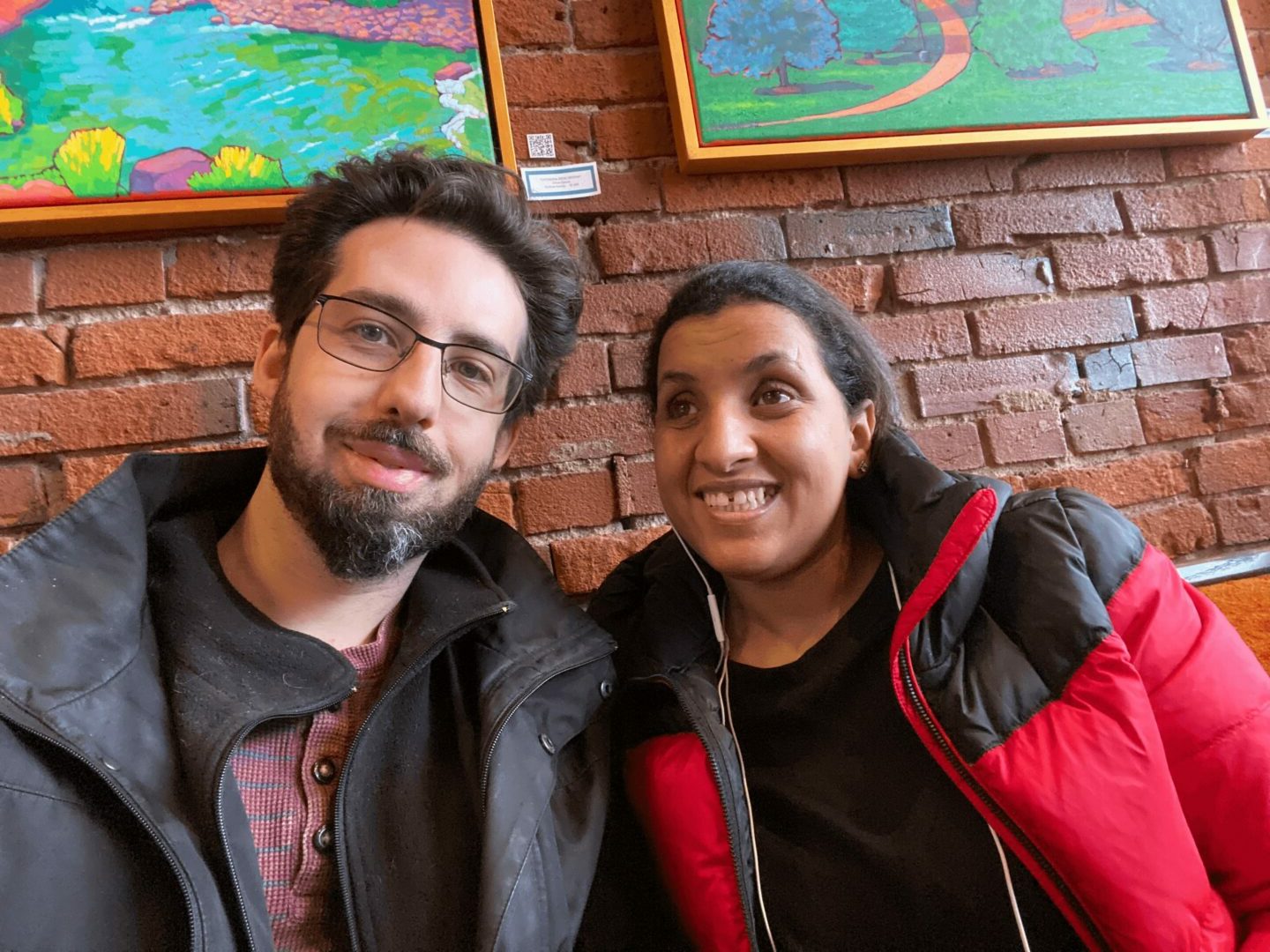
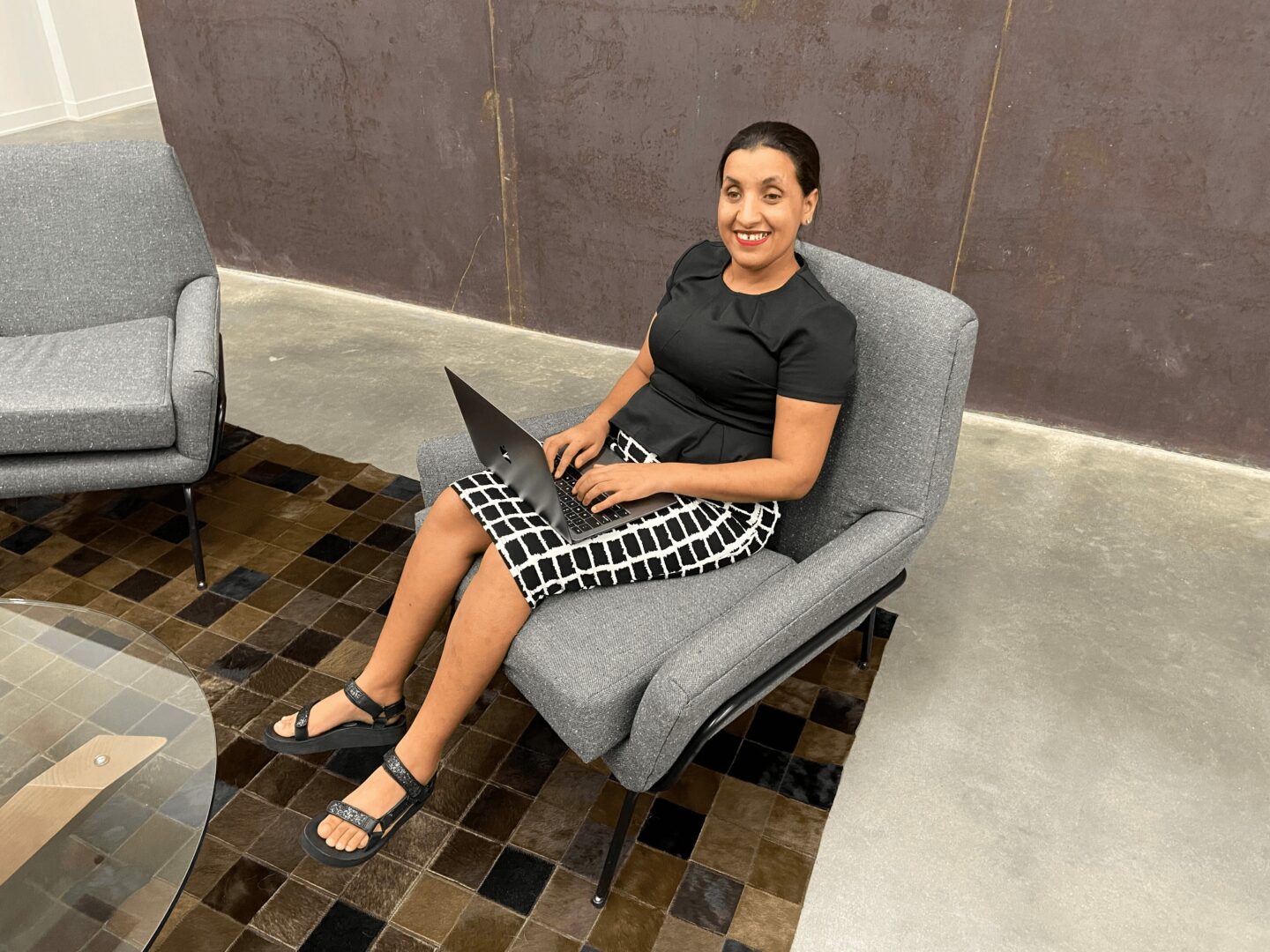
Image Credits
Mekiya Outini
so if you or someone you know deserves recognition please let us know here.

